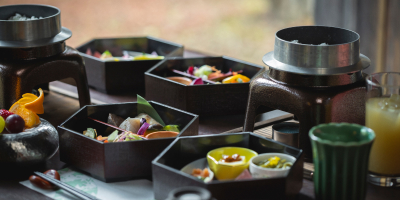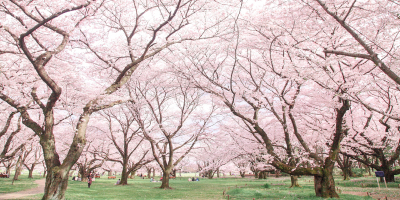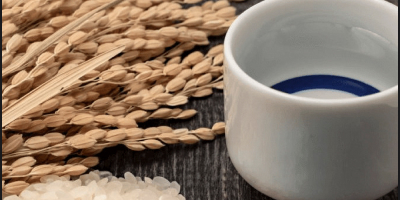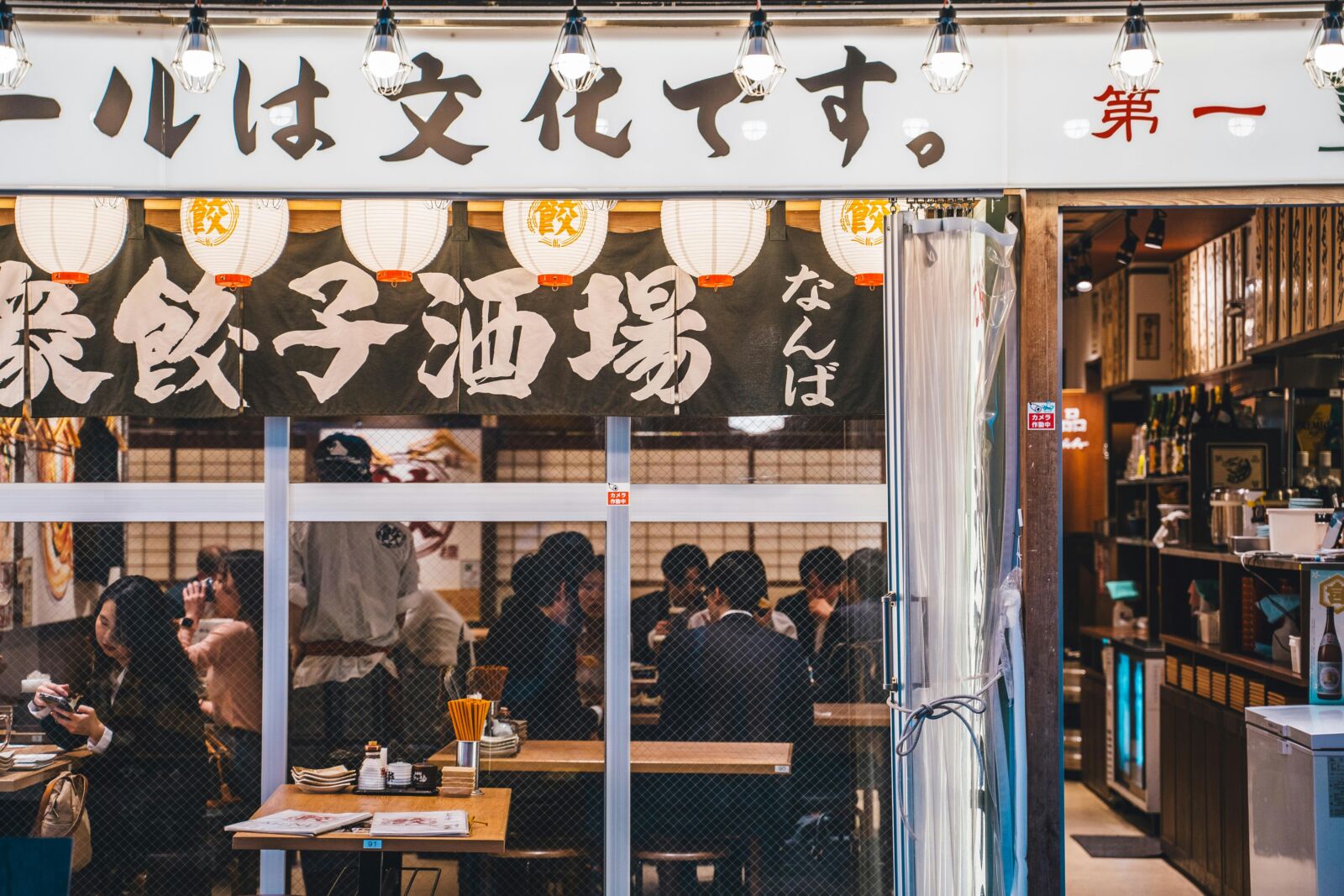
Japan has a relatively small Muslim population and while many Japanese people do not have a good understanding of Islam, people are very tolerant of other faith systems meaning that Muslim travelers should not expect any problems while here.
However, the availability of halal food options in Japan is still limited. There are currently few halal food producers and restaurants in the country, though the recent surge in tourism from Muslim-majority nations has led to the emergence of more halal eateries, particularly in major cities and airports. Still, halal food remains scarce, even in metropolises like Tokyo.
In this article, we will cover the following topics:
-- Best Shops to Buy Halal Foods
-- Surprising Non-Halal Foods in Japan
-- Japanese Terms to Know when looking for Halal Food
How to find Halal Restaurants in Japan?
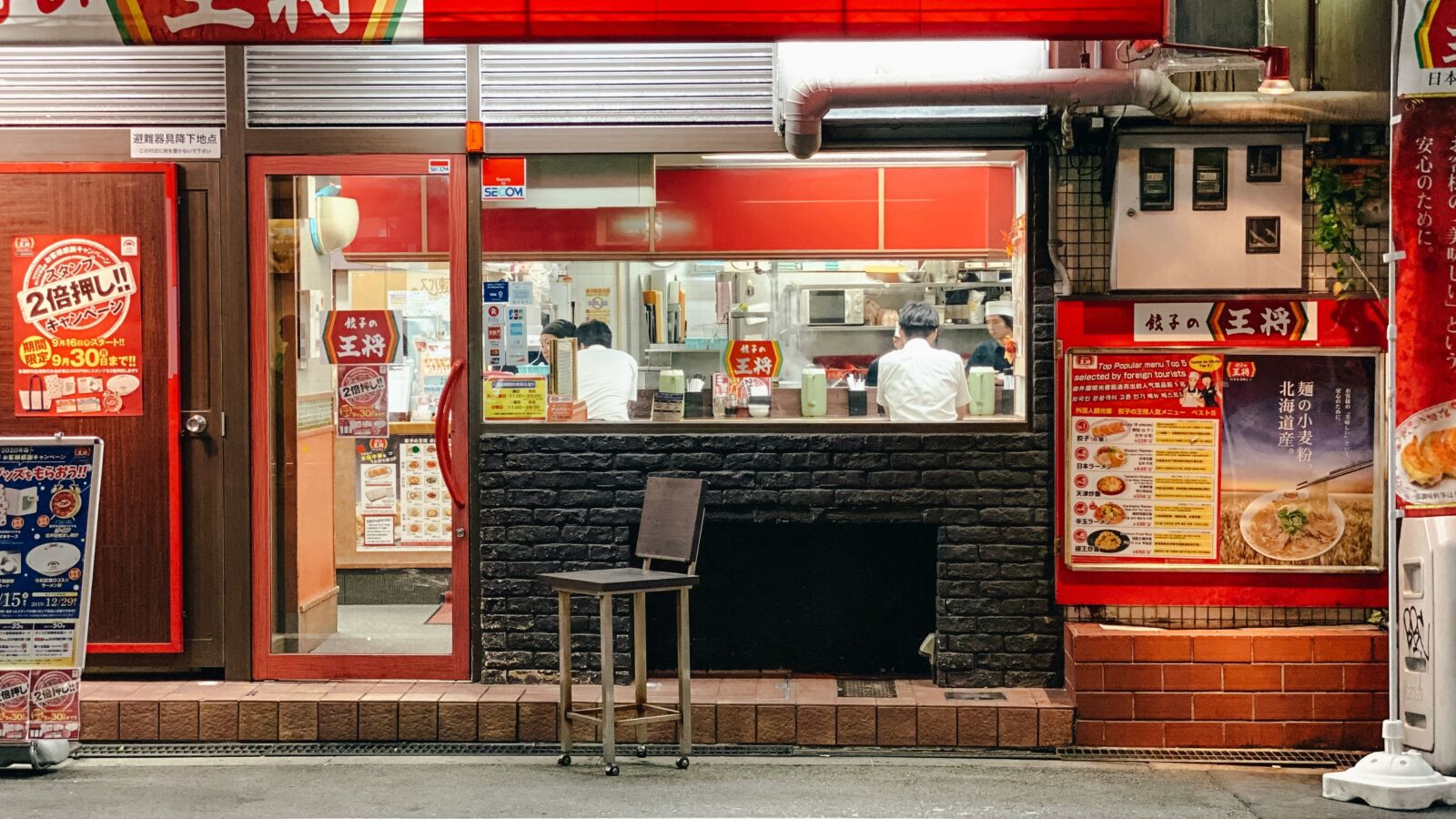
The 'Halal Gourmet Japan' website lists halal restaurants in Tokyo and some other major urban centers. Nonetheless, travelers visiting more rural regions of Japan will likely encounter great difficulty finding halal food options.
In such cases, non-Japanese restaurants serving cuisines like Bangladeshi, Egyptian, Indian, Indonesian, Iranian, Malaysian, Moroccan, Pakistani, and Turkish may provide the best halal alternatives. Some established restaurants may also have obtained halal certification, which is typically displayed near the cashier.
Many common Japanese foods, including sushi, ramen, and various convenience items, may contain ingredients that are not permissible under Islamic law, such as non-halal meat, alcohol, and animal-derived products. However, there are certain types of Japanese dishes which are most likely to be halal-friendly include the following:
Tempura:
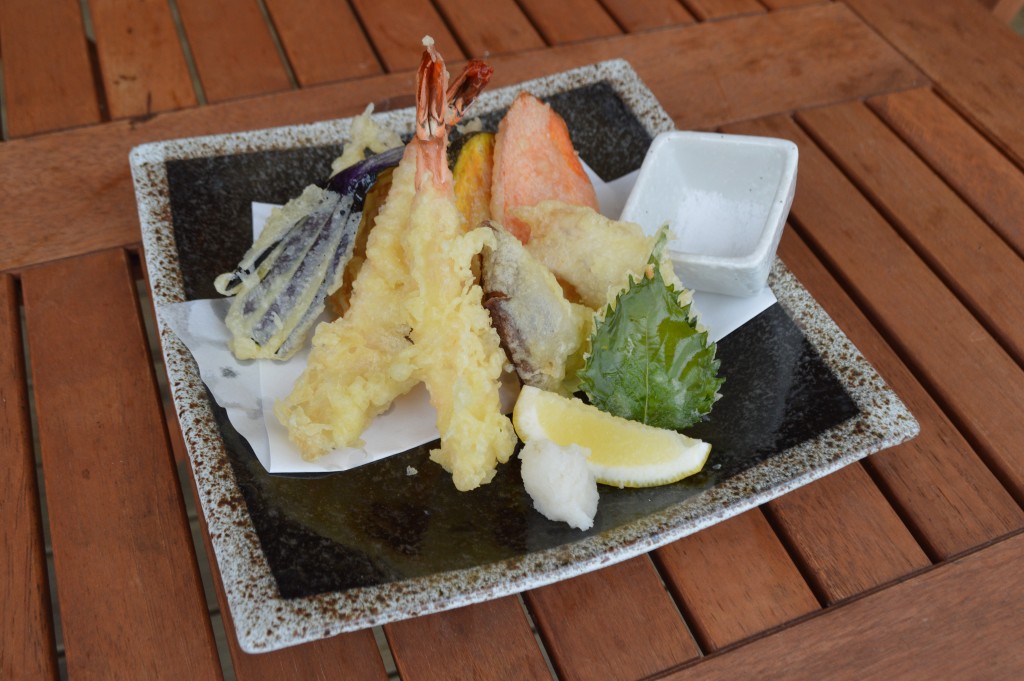
Tempura is a popular Japanese dish featuring battered and deep-fried ingredients. Tempura restaurants offer a variety of vegetable options, making it a Muslim-friendly meal. Common ingredients include lotus root, sweet potato, eggplant, pumpkin, mushrooms, asparagus, burdock root, broccoli, green peppers, and perilla leaves.
Tofu:
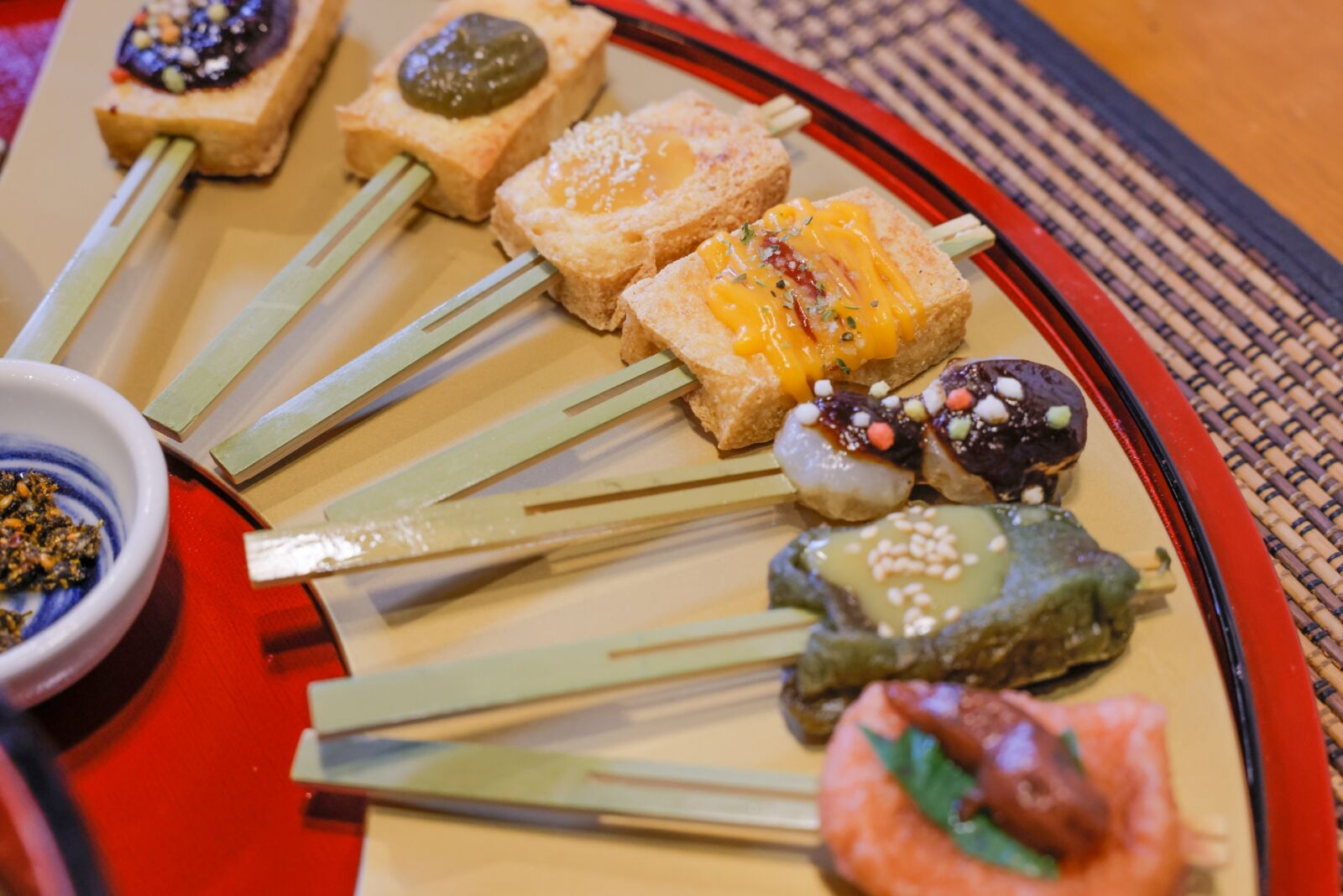
Japanese cuisine features numerous tofu dishes that are well-suited for Muslim diners. Tofu, a staple of Japanese food, is made by coagulating soy milk into a curd, similar to how cheese is made from milk. Tofu dishes are widely available across Japan and can be enjoyed without concern.
Fish and Seafood:
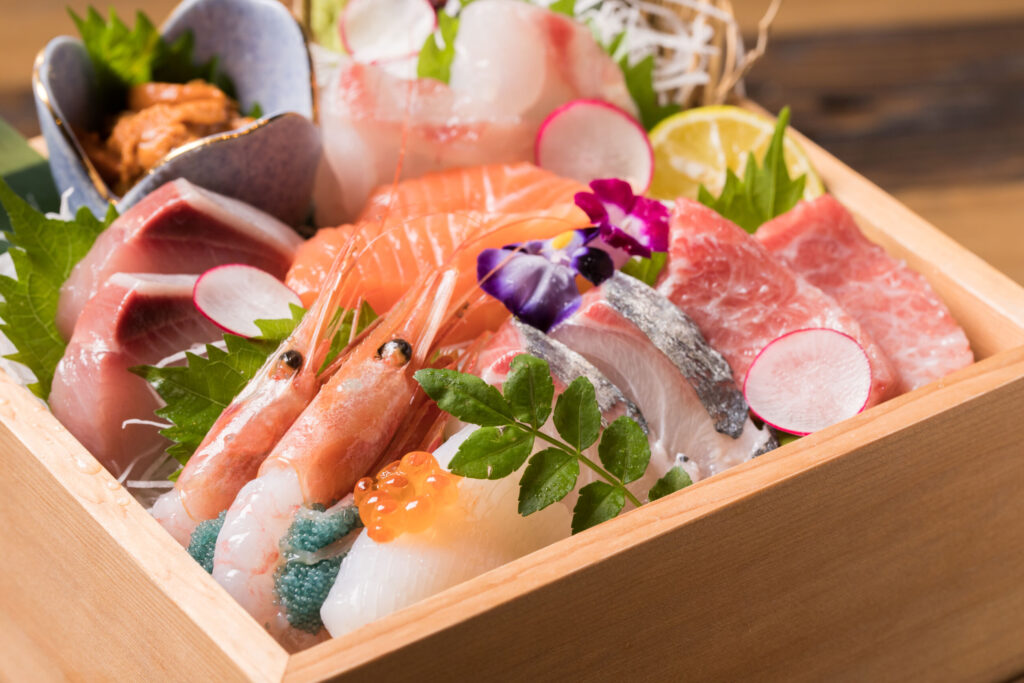
As an island nation, Japan has abundant access to fish and seafood that Muslims can easily consume. Fish is often gently cooked and served with a dipping sauce. If you have concerns about the use of soy sauce, which may render the dish non-halal, you can request the fish be prepared without it. Even dishes featuring octopus and eel can be prepared to accommodate Muslim dietary restrictions.
Shojin Ryori:
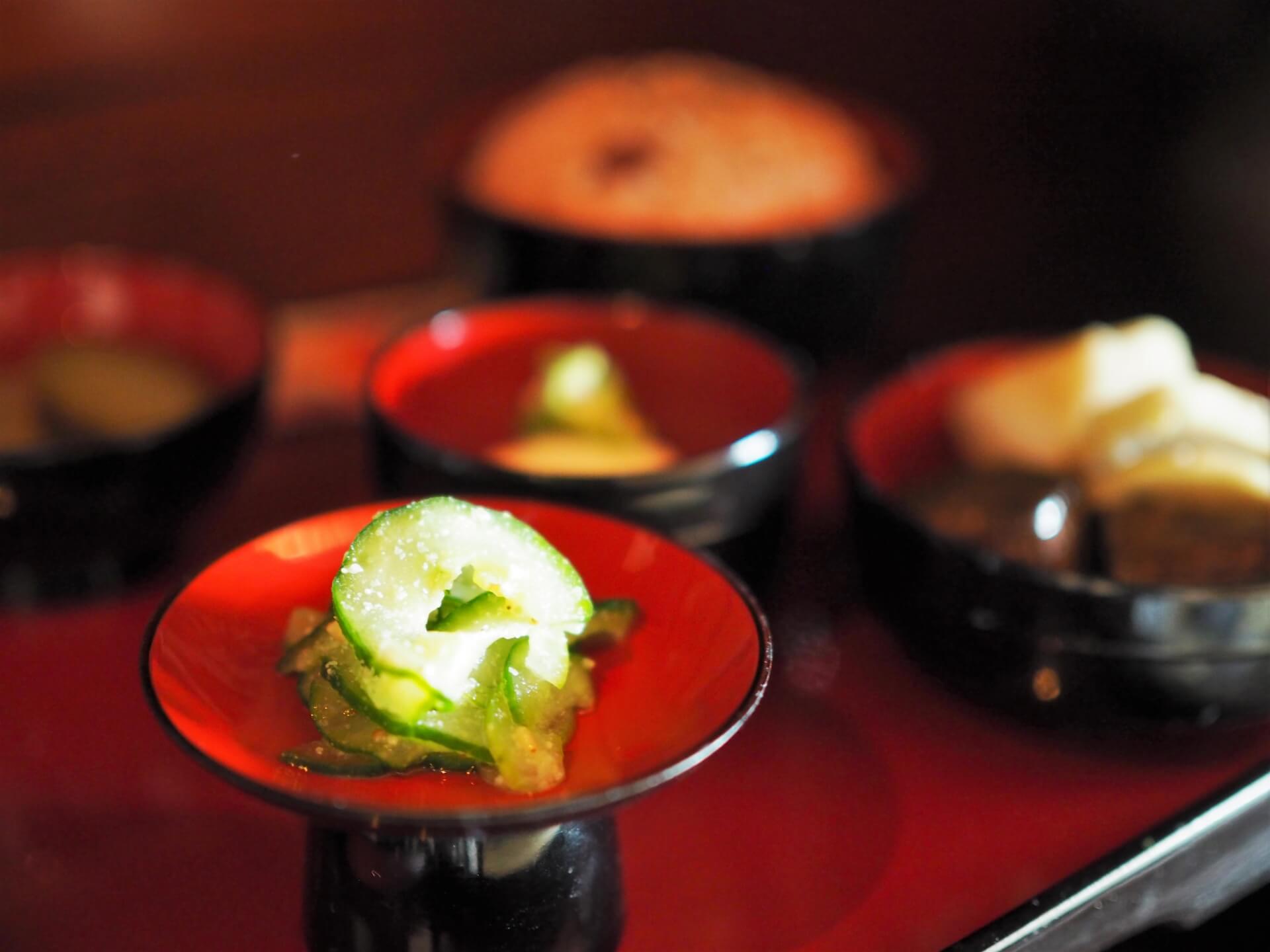
Shojin ryori is a traditional Japanese vegetarian cuisine that originated with Buddhist monks who abstain from meat, fish, root vegetables, and alliums like leeks, garlic, and onions. However, shojin ryori emphasizes the consumption of beans, fresh fruits, and vegetables, all of which are considered halal for Muslims. Many specialty shojin ryori restaurants have emerged in recent years, making this an excellent dining option for Muslim travelers in Japan.
Best Places to Buy Halal Foods
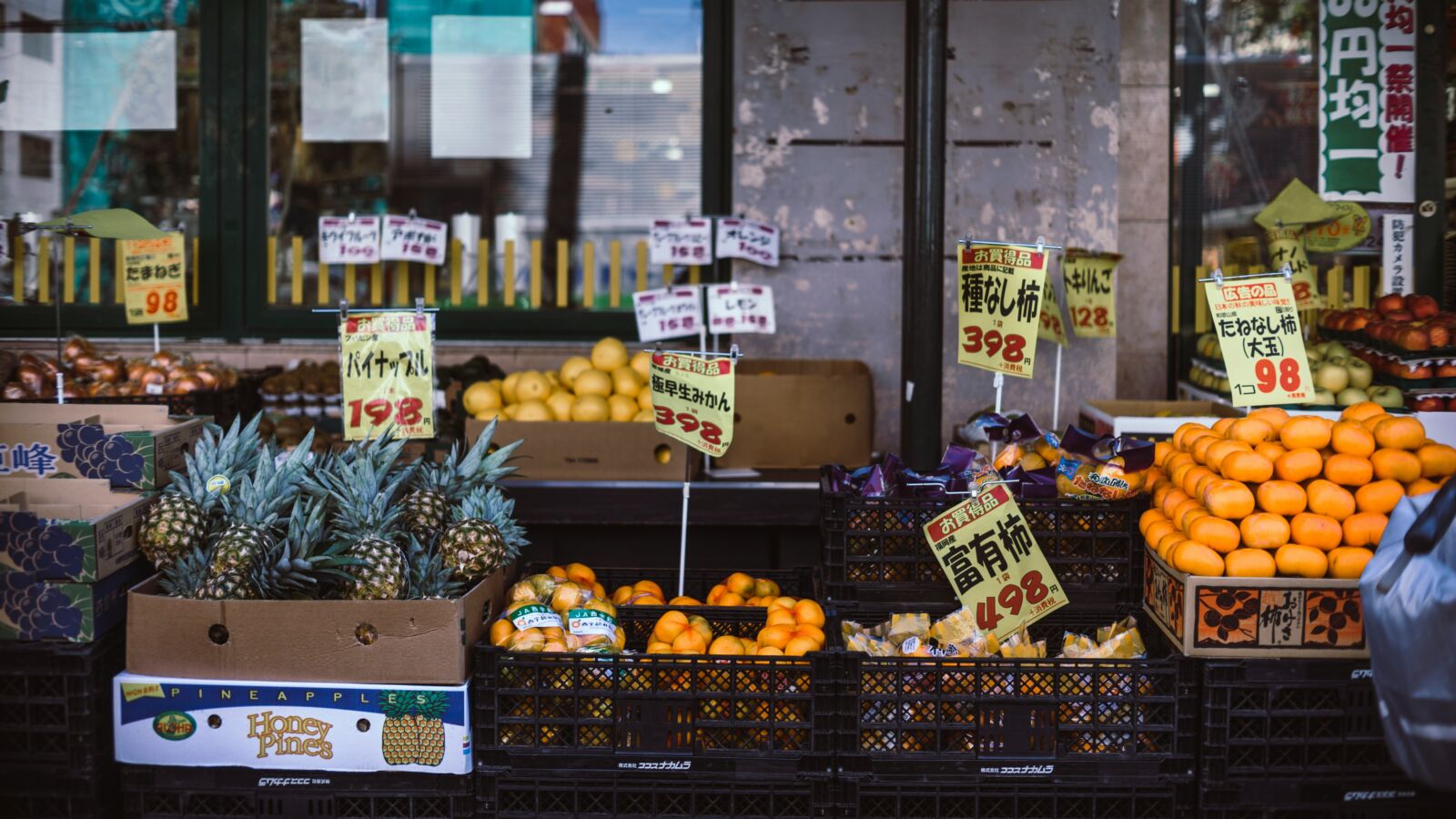
The best way to ensure a meal is halal-friendly is to prepare it yourself. For visitors staying in short-term apartments and hotel rooms with kitchenettes and wish to cook their own meals, there are a few places where you will likely be able to purchase halal food.
Gyomu Super:
“Gyomu Super” is a type of supermarket that handles various overseas import products. The grocery chain decided to place its full force effort in handling halal products. Because of such effort, the store currently carries over 100 different types of product line up. Please be noted that although halal products are available at all of the stores nationwide, some stores may only carry a limited selection of products.
Seven-Eleven:
Halal bentos are available at select Seven-Eleven stores in the Kanto (Tokyo) area. The bento is available in two flavors, gyudon (beef bowl rice) and butter chicken curry.
Travel Tip: Visitors concerned about non-halal foods are advised to consider bringing their own food and cutlery to Japan.
Surprising Non-Halal Foods in Japan
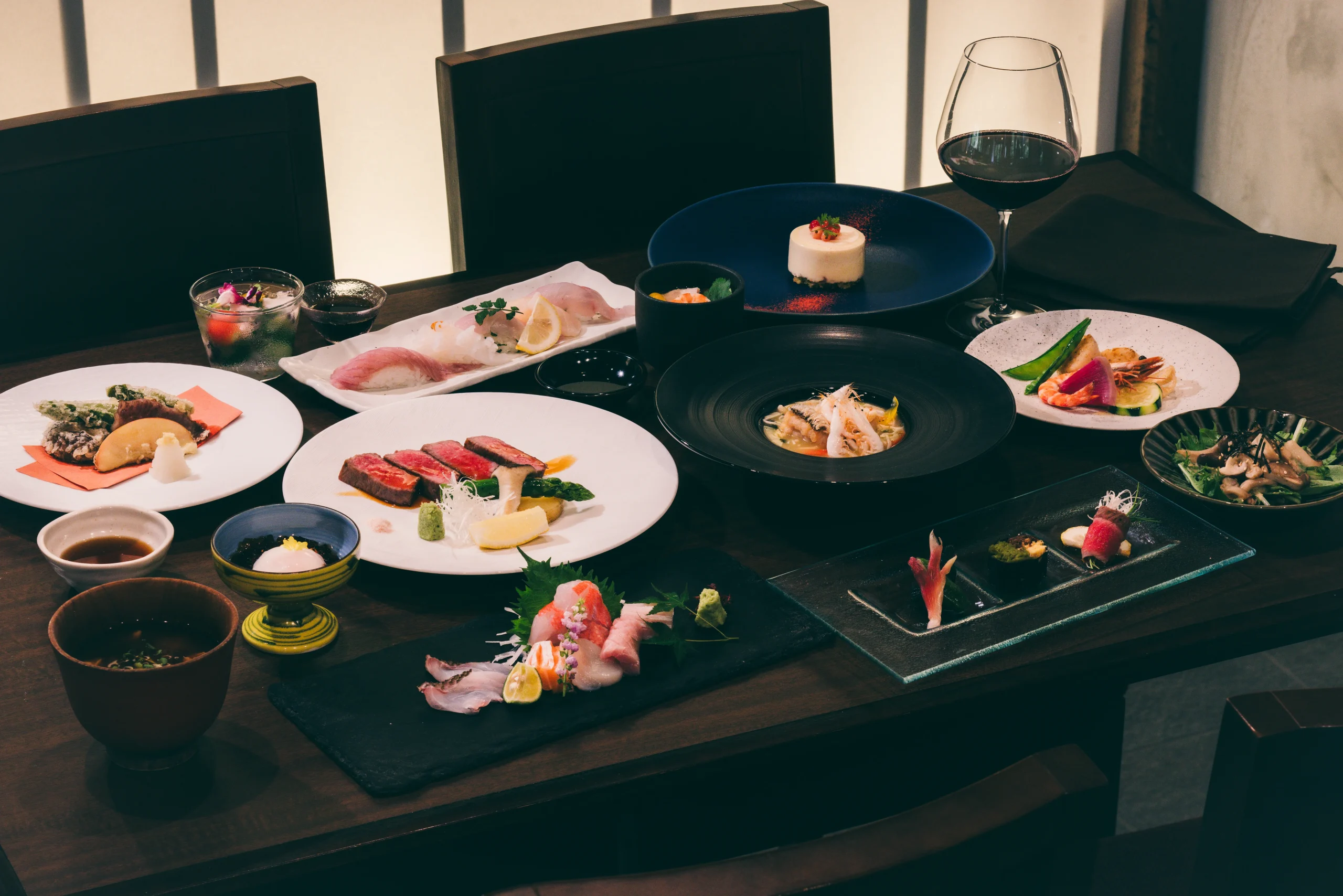
Many seemingly simple Japanese foods may actually contain ingredients that are not permissible under Islamic law. For example, sushi often includes rice wine (mirin), and ramen, meat dishes, and other prepared foods may incorporate non-halal meats, soy sauce, miso, preservatives, and animal fats.
Similarly, seemingly vegetarian Japanese dishes like pickles, soups, breads, snacks, and desserts may also be problematic, as they could include alcohol, gelatin, or other non-halal ingredients. As a result, it can be quite challenging for Muslim consumers to enjoy traditional Japanese cuisine while adhering to halal requirements.
Some restaurants may provide detailed ingredient lists to help customers make informed choices. When dining out, it's advisable to ask the staff about the specific components in menu items, especially if you have dietary restrictions or concerns about halal compliance.
How to ask for Halal foods in Japan?
We recommend informing staff at restaurants with a low possibility of non-halal foods (such as soba shop, udon shop, tempura shop, etc) of your dietary needs. While many Japanese restaurant staff are kind and happy to oblige, they may not fully understand what makes a dish Halal. So try to be as specific as possible. We've included some useful terms and phrases below to assist you.
Does this restaurant serve halal dishes?
このレストランはハラール料理を提供していますか?
Pronounced: "Kono resutoran wa hararu ryouri wo teikyou shimasuka?"
Japanese Terms to Know when looking for Halal Food
豚 or 豚肉 (pronounced “buta” / “ton” / “butaniku”): pork
ポーク (pronounced “pooku”): pork
豚脂 (pronounced “buta abura”): pork fat
豚エキス or ポークエキス (pronounced “buta ekisu” / “pork ekisu”): pork extract
鶏 or 鶏肉 (pronounced “tori” / “toriniku”): chicken
鶏エキス or チキンエキス (pronounced “tori ekisu” /”chikin ekisu”): chicken extract
牛 or 牛肉 (pronounced “gyuu” / “gyuuniku”): beef
牛エキス or ビーフエキス (pronounced “gyuu ekisu” / “beef ekisu”): beef extract
ベーコン (pronounced “bekon”): bacon
ハム (pronounced “hamu”): ham
ラード (pronounced “raado”): lard
ゼラチン (pronounced “zerachin”): gelatin
ショートニング (pronounced “shootoningu”): shortening (made from animals and/or plants)
酒 (pronounced “sake”): alcohol
アルコール (pronounced “arukooru”): alcohol
酒精 (pronounced “shusei”): alcohol
料理酒 (pronounced “ryourizake”): cooking alcohol
みりん (pronounced “mirin”): sweet cooking rice wine
リカー (pronounced “rikaa”): liquor
With these tips, we hope you will feel better prepared for navigating the Japanese food scene and finding delicious and halal-friendly meals while you travel Japan. We at Snow Monkey Resorts are always happy to help travelers in booking hotels or making reservations to ensure our guests enjoy Japan to the fullest.




